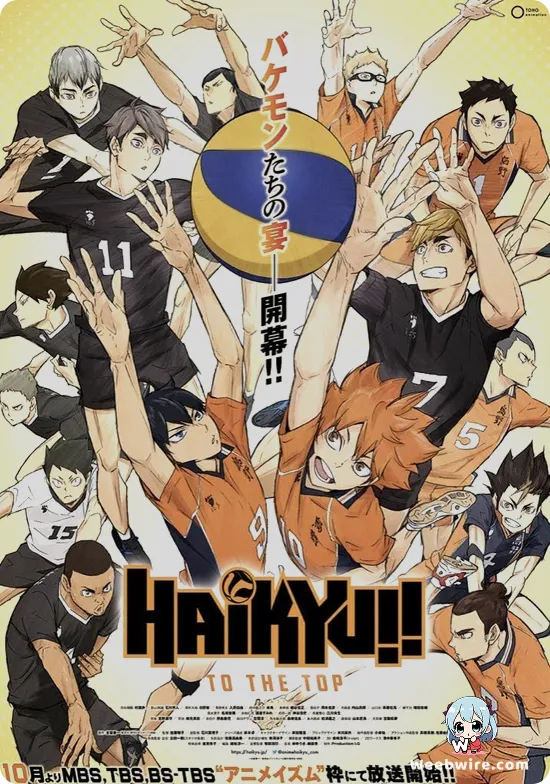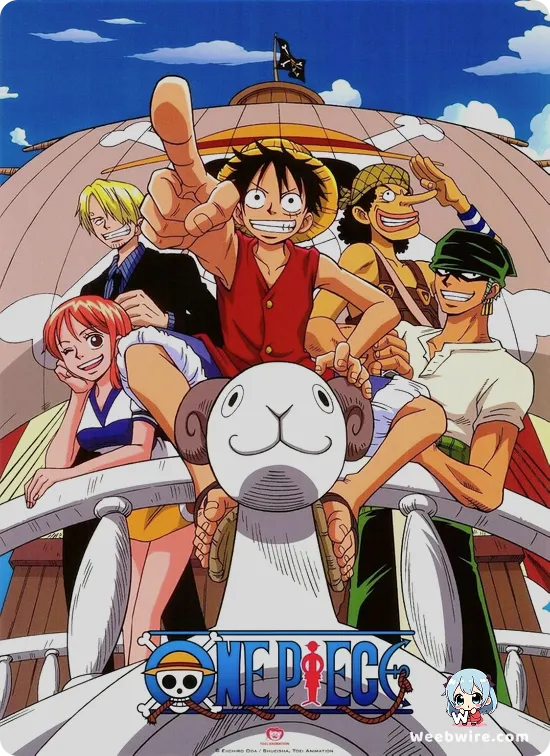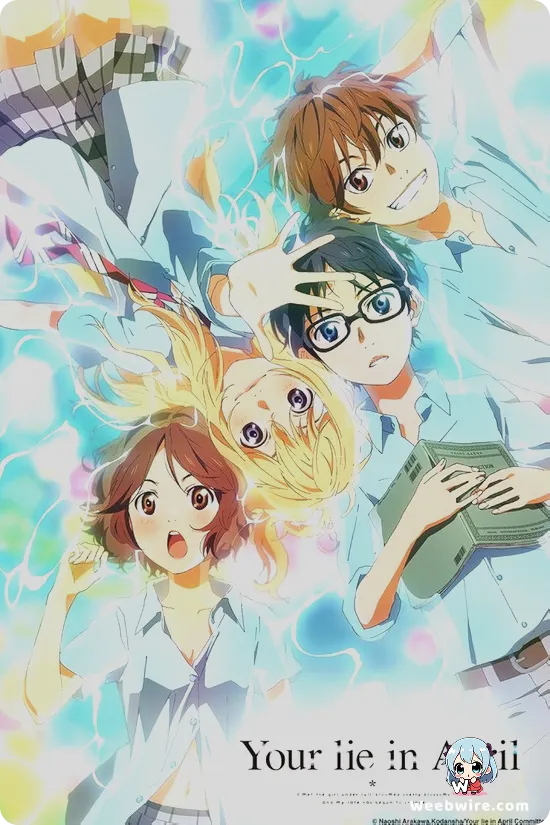Revolutionizing Romance: How 'The 100 Girlfriends' Masterfully Redefines the Harem Genre

In an anime landscape often saturated with familiar tropes, The 100 Girlfriends Who Really, Really, Really, Really, REALLY Love You has exploded onto the scene, not just as entertainment, but as a bold, genre-defying phenomenon. Far from a conventional ecchi comedy, this series meticulously subverts expectations, offering a refreshingly original take on the harem premise that has captivated audiences and critics alike.
At its heart lies a deceptively simple yet profoundly impactful concept: protagonist Rentarou Aijou is blessed, or perhaps cursed, with 100 soulmates. The twist? Should he fail to acknowledge and reciprocate the love of any one of them, they face a tragic, untimely demise. This isn't merely a dramatic device; it's the very foundation of Rentarou’s unwavering commitment, transforming what could be a shallow narrative into a heartwarming, often hilarious, and surprisingly insightful exploration of polyamorous relationships built on genuine respect and affection. Unlike typical harem leads who often remain oblivious or indecisive, Rentarou actively embraces his destiny, vowing to cherish each and every soulmate equally, a radical departure that elevates the series far beyond its initial comedic facade.
The creative genius behind this sprawling universe, Rikito Nakamura (story) and Yukiko Nozawa (art), deserves immense credit. Nozawa's extraordinary ability to craft a hundred distinct, memorable, and visually appealing characters is a monumental artistic achievement. Each girlfriend, from the stoic Kusuri to the diminutive Karane, the vivacious Hahari to the intellectual Nano, is a fully realized individual, contributing uniquely to the ever-expanding 'Rentarou Family.' This meticulous attention to character design ensures that the sheer volume of personalities never dilutes the cast, instead creating a vibrant tapestry of interactions.

The series further distinguishes itself with its ingenious use of fourth-wall breaks, a common comedic tool here employed with meta-awareness. Characters frequently comment on the manga's pacing, the growing number of girlfriends, or even the tropes they embody, fostering a clever dialogue with the audience. This self-referential humor adds an intellectual layer, appealing to seasoned anime and manga fans who appreciate a story that understands and playfully interacts with its own medium.
Bibury Animation Studios has masterfully translated this kinetic and meta-humor to the screen, utilizing dynamic animation and expressive voice acting to capture the manga's frantic energy and heartfelt moments. Rentarou himself emerges as a surprisingly complex and endearing protagonist. Far from a bland self-insert, he embodies an almost superhuman level of empathy, problem-solving prowess, and a sincere desire for everyone's happiness. His devotion transcends a mere plot point; it is his defining characteristic. He goes to extraordinary lengths to ensure every girlfriend feels loved, valued, and understood, often devising elaborate schemes or making personal sacrifices. This unwavering commitment to ethical polyamory, where open communication and individual needs are paramount, offers a refreshing perspective. Despite its ecchi elements, the series prioritizes emotional well-being and genuine connections, making the 'Rentarou Family' a truly supportive and loving unit.
The overwhelmingly positive fan reception for '100 Girlfriends' underscores its innovative approach. Viewers and readers consistently laud it as a 'harem done right,' praising its sincerity, clever humor, and steadfast refusal to succumb to common pitfalls like manufactured drama or an indecisive lead. It stands as a testament to the creators' vision, proving that an outrageous premise can flourish into a heartwarming and endlessly entertaining narrative, offering a truly unique and memorable experience in the world of romantic comedies.
Credits
The 100 Girlfriends Who Really, Really, Really, Really, REALLY Love You
Author
Rikito Nakamura (Story), Yukiko Nozawa (Art)
Cover Art
Yukiko Nozawa
Studio
Bibury Animation Studios
Publisher
Shueisha
Producers





